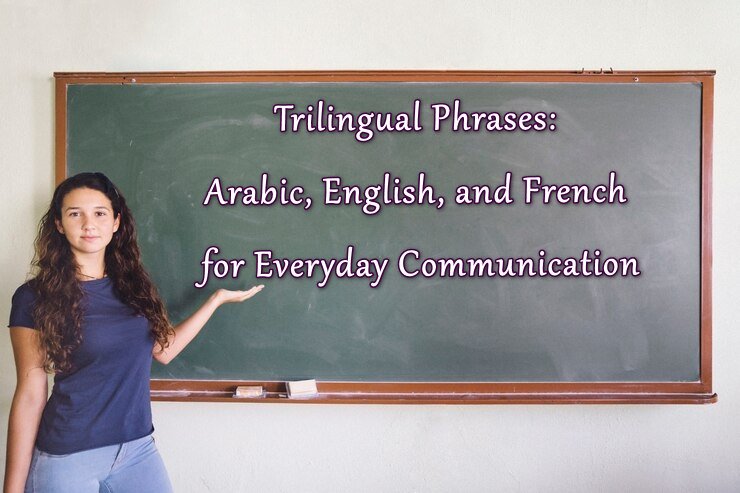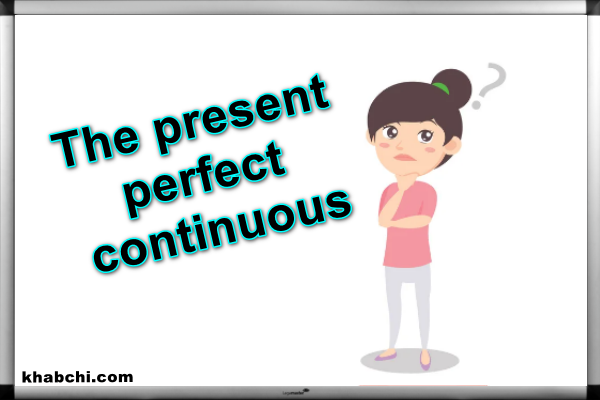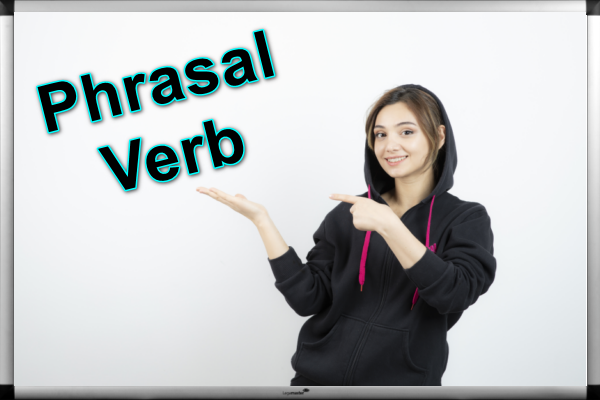
One common grammar lesson that learners often come across is the use of “wish”. This verb can be used to express a desire or hope for something that is not currently true or real. In this article, we will explore the various ways in which “wish” can be used and provide examples to illustrate each usage.
Expressing a regret about the past:
When we want to express a regret or wish that something had happened differently in the past, we use “wish” with a past perfect verb form.
Example:
I wish I had studied harder for my exams last year. (I regret that I didn’t study harder in the past.)
Expressing a desire for a current situation to be different:
We can use “wish” to express a desire for a current situation to be different. In this case, we use “wish” with the past simple verb form.
Example:
I wish I had more time to travel. (I desire to travel more, but currently do not have enough time.)
Expressing a desire for something that is unlikely or impossible:
“Wish” can also be used to express a desire for something that is unlikely or impossible to happen. In this case, we use “wish” with the past simple verb form and “could” or “would”.
Example:
I wish I could speak five languages fluently. (I desire to speak five languages fluently, but it is unlikely to happen.)
Expressing a suggestion or request in a polite manner:
We can also use “wish” to express a suggestion or request in a polite manner. In this case, we use “wish” with the past simple verb form and “that”.
Example:
I wish that you would join us for dinner. (I politely suggest that you join us for dinner.)
Expressing a hope for the future:
Finally, “wish” can also be used to express a hope for the future. In this case, we use “wish” with the present simple verb form.
Example:
I wish I can travel to Europe next year. (I hope to travel to Europe next year.)
In conclusion, the use of “wish” can be quite versatile in English grammar. It can be used to express a range of desires, hopes, and regrets. By understanding the different ways in which “wish” can be used, learners can improve their communication skills and express themselves more effectively in English.




















